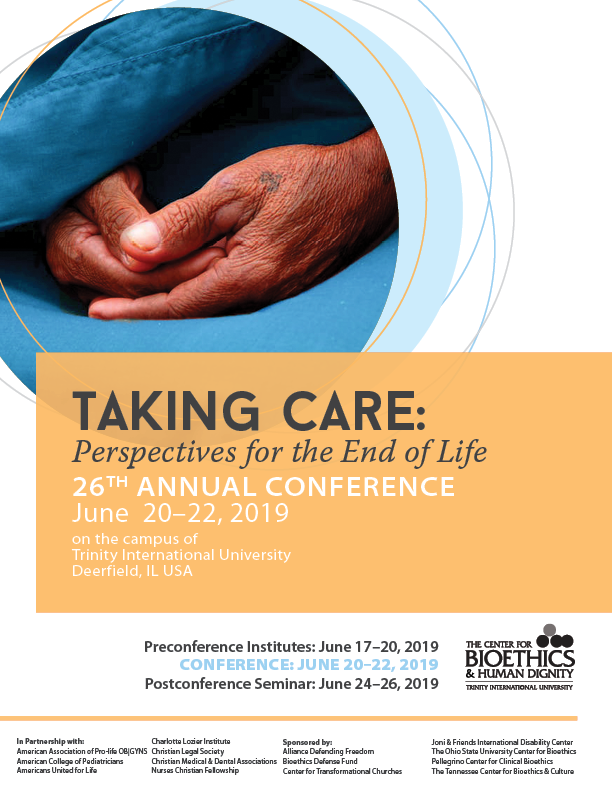
When examining the current state of clinical discourse surrounding end-of-life medicine, there is oftentimes little, if any, distinction made between treatment and care. Thus the decision to prolong/forego end-of-life treatment is viewed synonymously and interchangeably with the decision to prolong/forego end-of-life care. Nevertheless, this conventional elision obscures a crucial conceptual and normative difference that distinguishes the two terms. The purpose of this paper is to illuminate this difference by fleshing out its philosophical, theological and ethical dimensions. Accordingly, my argument will be divided into three sections. In the first section I will appropriate William Desmond’s contrasting of the conatus essendi with the passio essendi to establish the different metaphysical postures treatment and care assume. More specifically, I will demonstrate that the concept of treatment is expressive of the conatus essendi with its ontic/subjective grasping of being while care is instead rooted in the passio essendi’s giftedness of being. The second section of the paper builds upon this metaphysical appropriation by discussing how it is homologous with the theological distinction John Pilch observes between curing and healing as they are conceived of in the medical and theological imagery of the New Testament. That is, while the healing narratives of the synoptics depict Jesus curing people of certain physical and/or psychological ailments, they also show him healing and restoring those suffering from disease of their attendant social alienation and isolation. Finally, the paper concludes by arguing that, while certain clinical judgments may well commend the termination of end-of-life treatment, these judgments do not entail a concomitant abjuring of the duty to care by healthcare professionals. Indeed, it is precisely by continuing to care for terminally-ill patients that healthcare professionals most powerfully and paradigmatically embody an ethical commitment to honoring our mortality as articulated by Atul Gawande and Ephriam Radner.